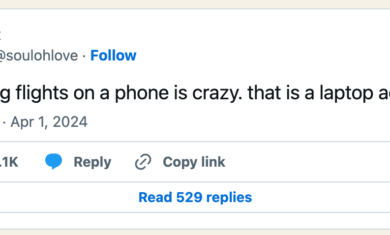Over the past few years I’ve shared thoughts on how the world is much better than people think. Murder rates are down, reports of missing children are down, school shootings are down, the economy is doing great, etc. Things are far from perfect, and we always need to be working to make things even better, but it’s not too bad right now.
At the same time, I’ve essentially taken the angle that the internet is getting worse — but perhaps I was wrong about that. Maybe it’s just nostalgia for the “good old days”, but statistically the internet is still just as good (or bad?) as it’s always been.
Techdirt recently shared a great study with the title “Persistent interaction patterns across social media platforms and over time“. Included in the study is this brief summary:
There’s something deeply unfashionable and counterintuitive about all of this. The suggestion that online platforms have not single-handedly poisoned public life is entirely out of step with the very political discourse the internet is said to have polluted.
Always this bad?
Put better was a post from Caitlin Dewey with the accurate summary title of “Actually, the internet’s always been this bad“.
The conclusion of the study essentially said that people aren’t behaving worse online overall, though the longer any given conversation goes, the worse it tends to get (which has always been true online). It reminds me of Godwin’s Law, which simply states “As an online discussion grows longer, the probability of a comparison involving Nazis or Hitler approaches 1“. Or, as Dewey put it:
It’s like a certain kind of Buffalo bar around last call: Most people have gone home for the night, but the stragglers are loud, uninhibited and prone to a certain level of mischief and/or aggression.
Moderation
However, because things haven’t gotten appreciably worse online over time, maybe we don’t need to worry as much about moderation? The study disagrees with that, saying:
Quattrociocchi said it would be a mistake to assume his team’s findings suggest that moderation policies or other platform dynamics don’t matter — they absolutely “influence the visibility and spread of toxic content,” he said. But if “the root behaviors driving toxicity are more deeply ingrained in human interaction,” than effective moderation might involve both removing toxic content and implementing larger strategies to “encourage positive discourse,” he added.
It’s your choice whether to take it all as “it’s always been this bad” or the more optimistic “it’s not really getting worse”, but either way it’s nice to see some data to show that it’s not declining in the way that I thought it was.




